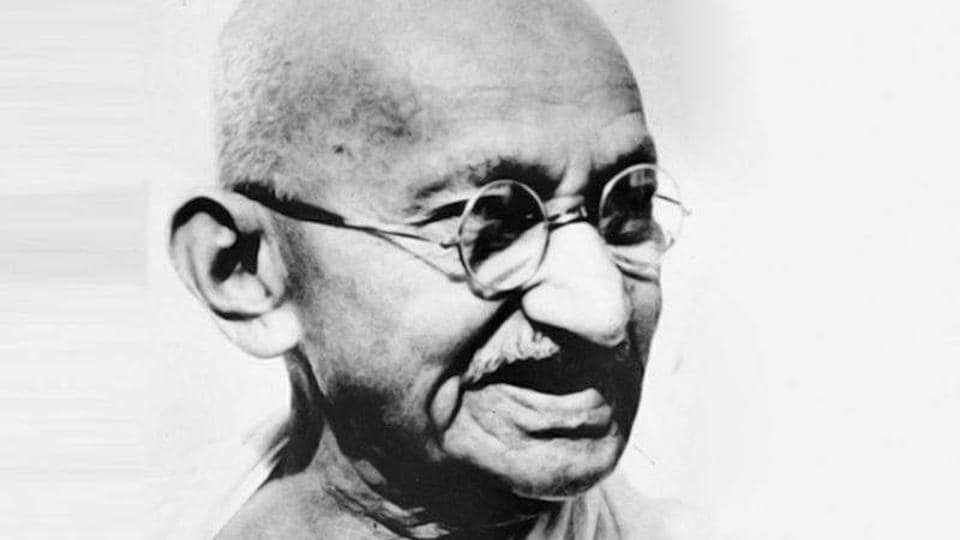Fundamental flaws of Gandhian ideology


Gandhiji, after he came from South Africa became the de-facto leader of the Congress. He led the Congress and the Indian society through the freedom struggle, WW1, WW2, Partition and Independence. In this topic, however, we will discuss how today’s India would have been different if Gandhiji would have acted differently.
India, that is Bharat is founded on the below principles.
All these concepts are great concepts. I would argue that the above concepts are among the best innovations of the human race. I would rate these innovations at the same level as the invention of “WHEEL” or “ZERO”.
Many Indians hate these concepts because Dictatorship, Cronyism and Jihadism is practiced in the grab of above principles. Though Gandhiji in all his talk, writings spoke at length on the above concepts, his actions spoke otherwise. He should have done things differently to build India on the solid foundations of Democracy, Socialism, Secularism and Sovereignty.
First, What should Gandhiji have done differently to build a solid foundation for "DEMOCRACY" in India?
Lets analyze the actions of the first President of United States George Washington.
The original 13 colonies who joined to form United States of America were ruled from London. Due to various reasons they wanted independence. UK did not agree and tried to suppress the creation of USA militarily. George Washington was appointed as the commander in Chief of US military and led the nation to victory in 1783. He then became the first President of USA.
His below actions laid solid foundations of the democratic culture of USA.
Coming back to Gandhiji, he should have the following differently to strengthen the democratic culture of India.
Summarizing, the dynasty based nepotistic, anti democratic and power mongering culture should be fully attributed to the culture built by Gandhiji.
Second, What should Gandhiji have done differently to build a solid foundation for "SOCIALISM" in India?
Gandhiji claimed that he believed in Socialism. But his economic concepts were flawed and resulted to a distorted economic philosophy in India. How?
Third, What should Gandhiji have done differently to build a solid foundation for "SECULARISM" in India?
Secularism is an extremely noble concept founded on the below 3 principles:
Gandhiji defined “Secularism” as “Samabhava Samabhava” which means equal closeness to all religions and is a great concept. Lets analyze how did Gandhiji fare on this:
Due to such mentality of Gandhiji, “secularism” got to be interpreted as “anti-Hinduism” and “minority appeasement”. Hence, many political parties view organizing Iftar parties a secular act but celebrating Diwali a communal act. They treat Cow a communal animal but Camel a secular animal. Today’s Congress and many political parties are Talibanized (i.e. they support the orthodox elements within the Islamic society). The Talibanization of Indian politics can be attributed to Gandhiji.
Gandhiji should have followed his own principle of “Samabhava Samabhava” in letter and spirit instead of just giving lip service to it. That would have resulted to the building of a truly “secular” India.
Fourth, What should Gandhiji have done differently to build a solid foundation for "SOVEREIGNITY" in India?
Khilafat movement, 1919-24.
The Sultan(Emperor) of the Ottoman empire was the Khalifa till 1924. Khalifa was accepted as political and spiritual leader of Muslims world wide. The Young Turks abdicated the Khalifa and made Turkey a republic. The Khilafat movement in India was targeted to restore the Khalifa. Gandhiji and Congress supported the Khalifa and lent their support to the Khilafat movement.
In a sovereign nation, the post of the leader should be accepted as supreme. For e.g. irrespective of who is the President of India, the post of the President should be accepted as the supreme post by all Indian Citizens. Indians are not supposed to accept the US president as their president. By supporting the Khilafat movement, he accepted the stance of Muslim leaders who accepted the Ottoman Sultan as their leader. The citizens of a nation accepting the leader of another nation as their leader is detrimental to the building of a sovereign nation. Hence these actions cast doubt on Gandhiji’s desire to build a sovereign India.
As great leader Gandhiji was, he had fundamental flaws in his political philosophy and India is still suffering due to that.
DISCLAIMER: The author is solely responsible for the views expressed in this article. The author carries the responsibility for citing and/or licensing of images utilized within the text.
